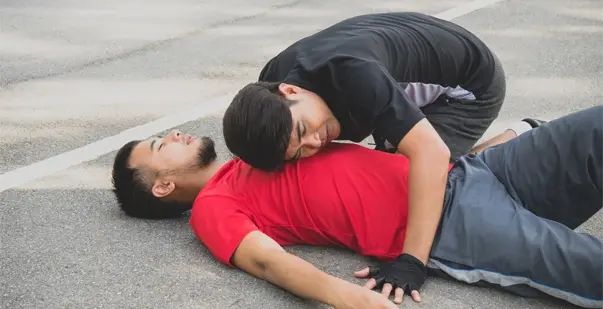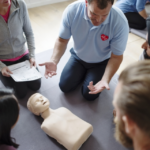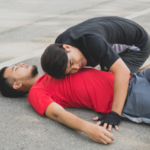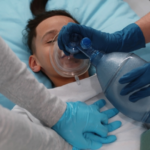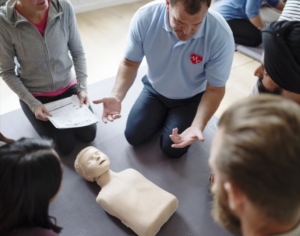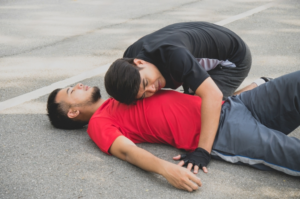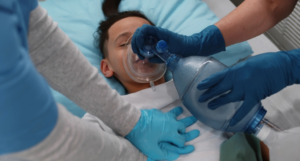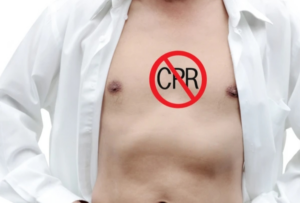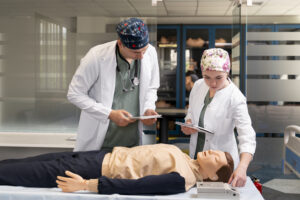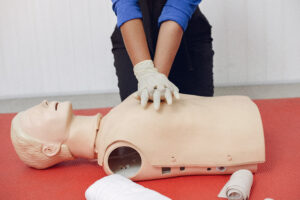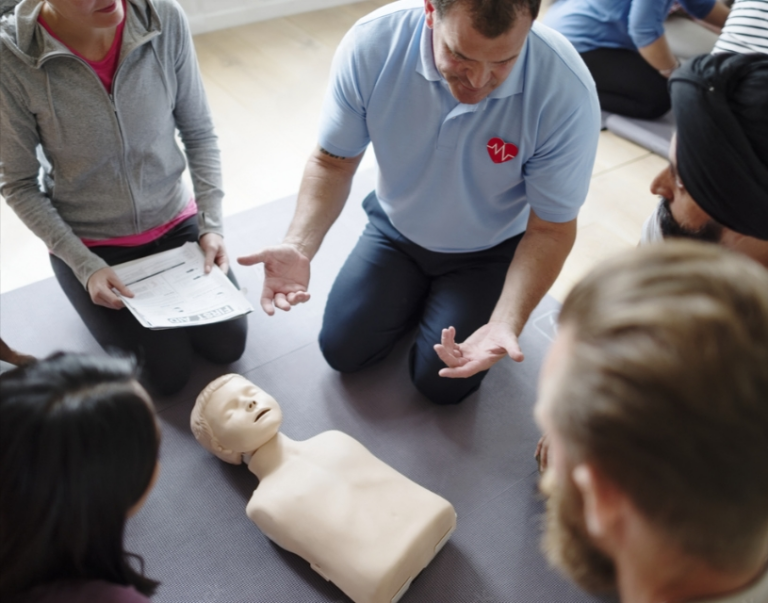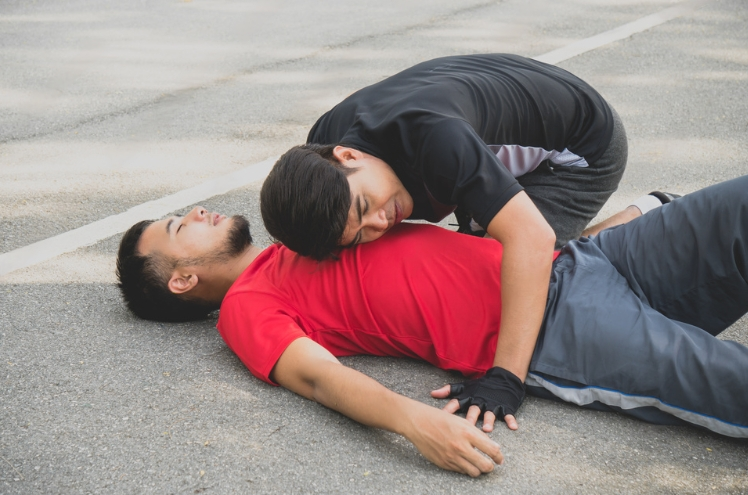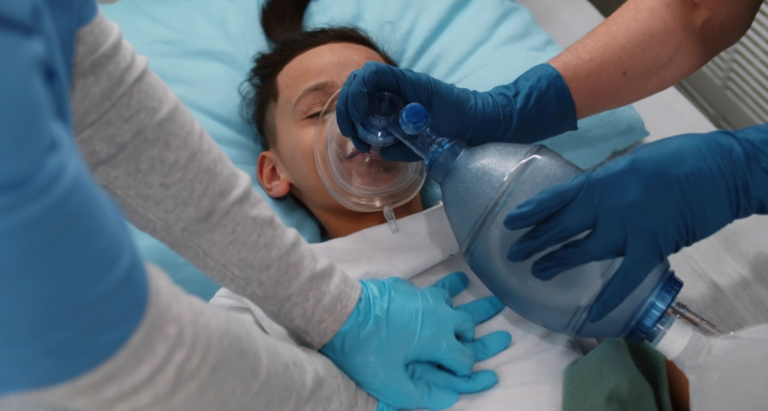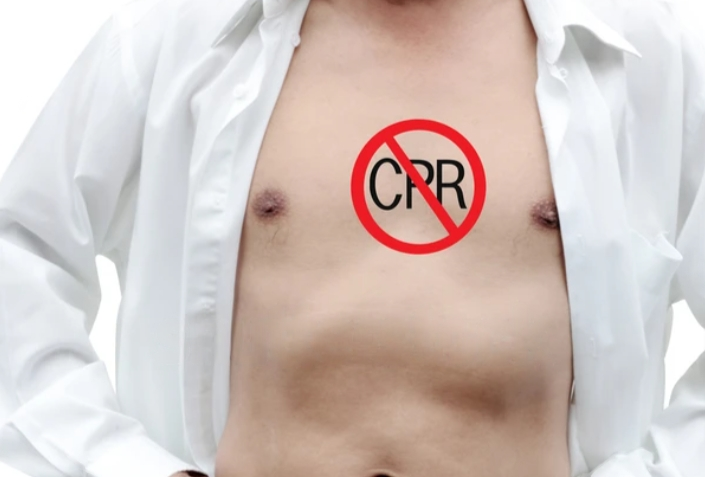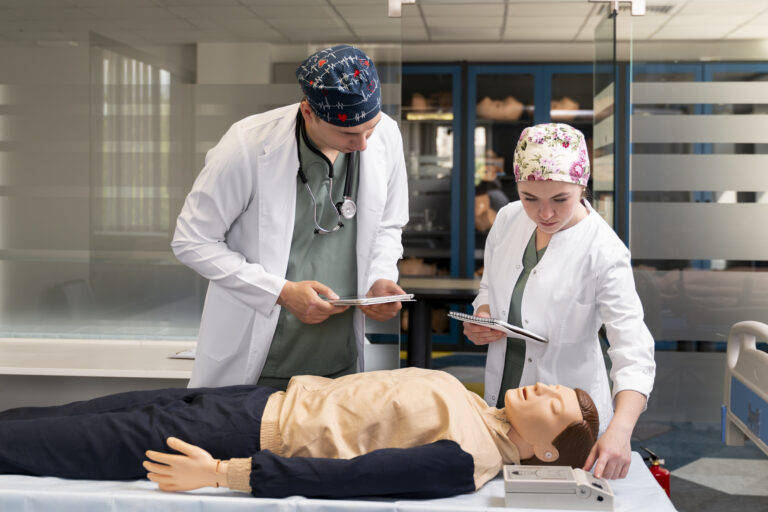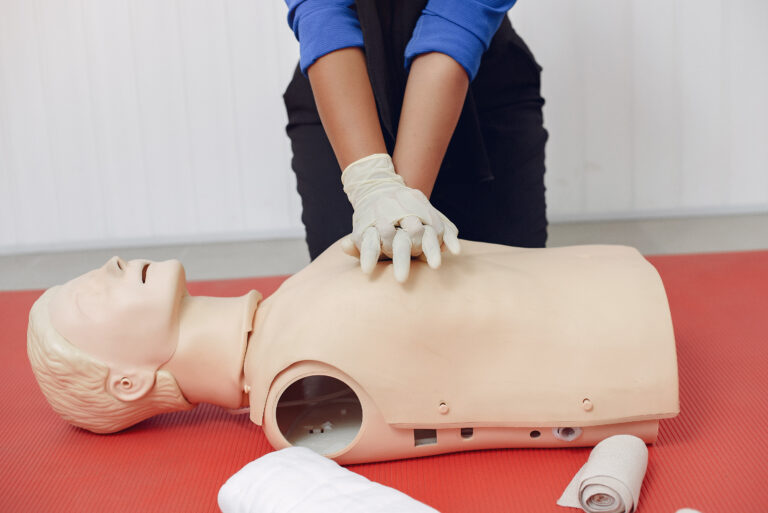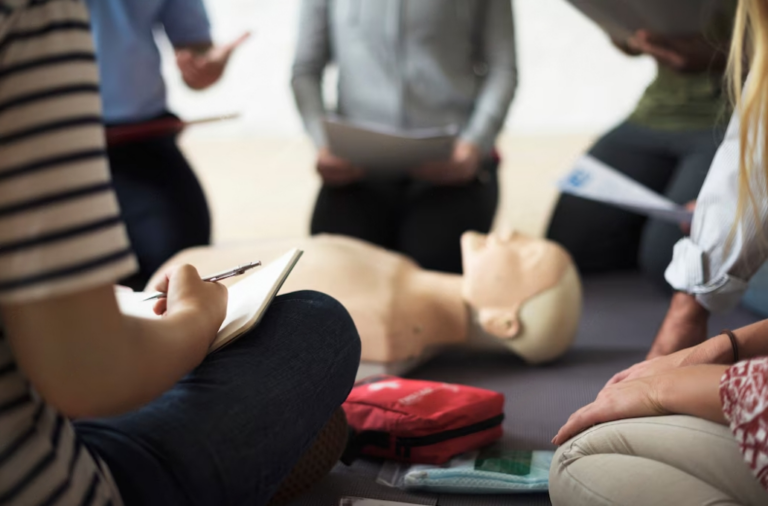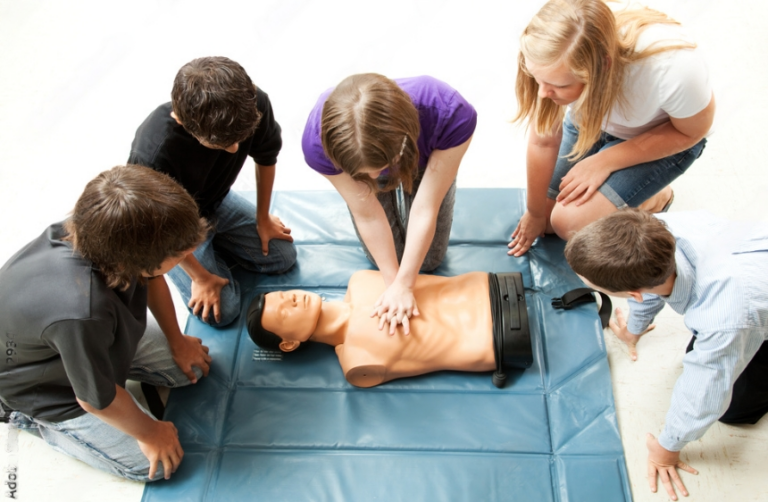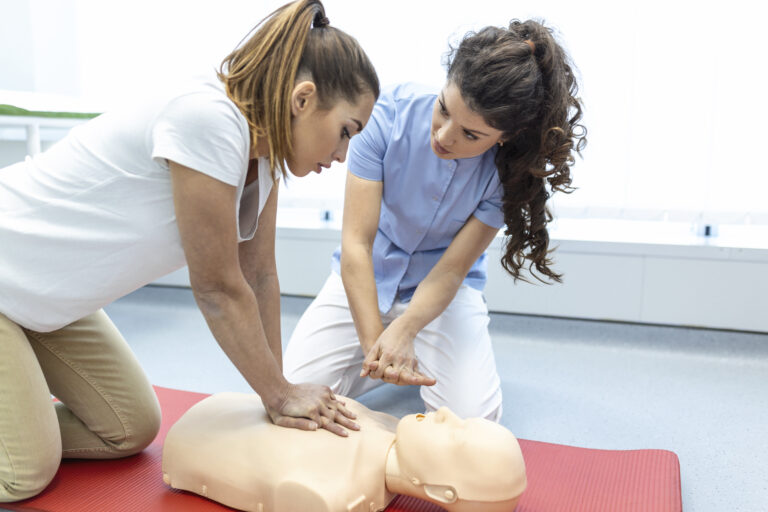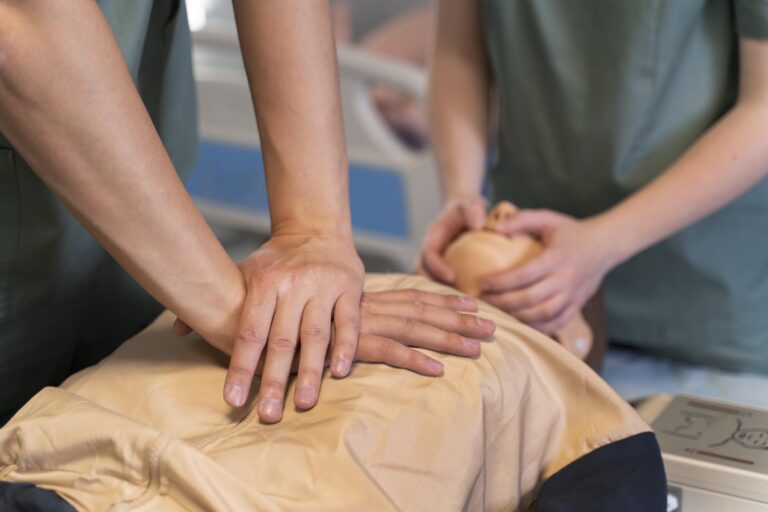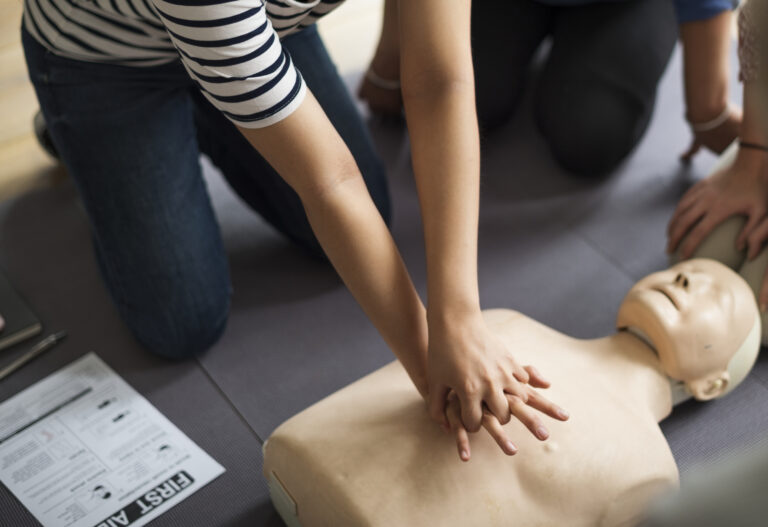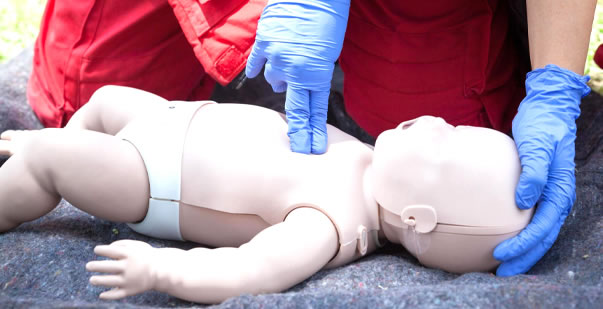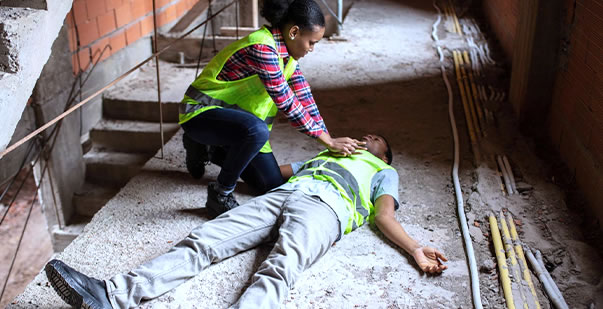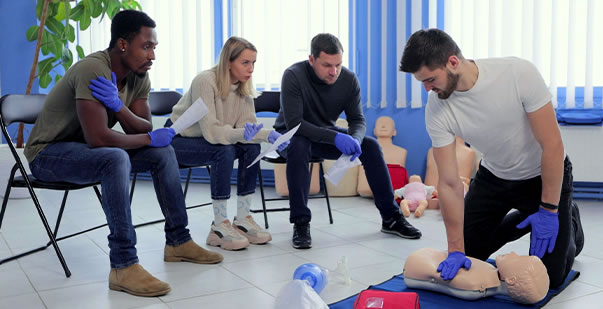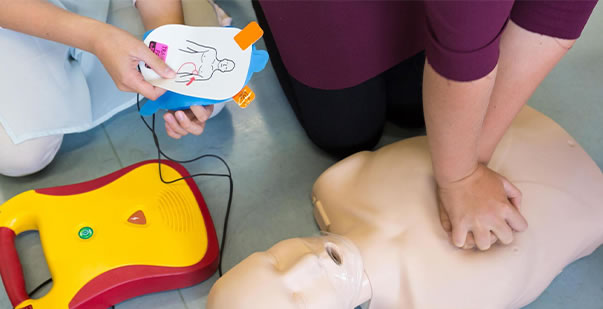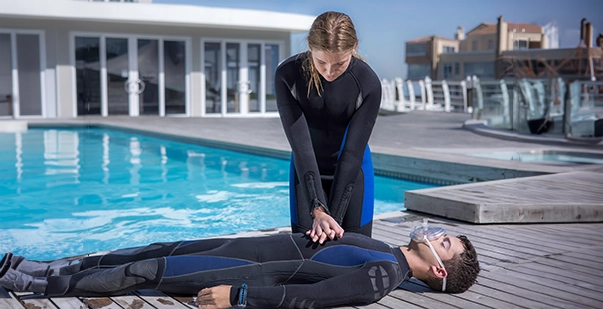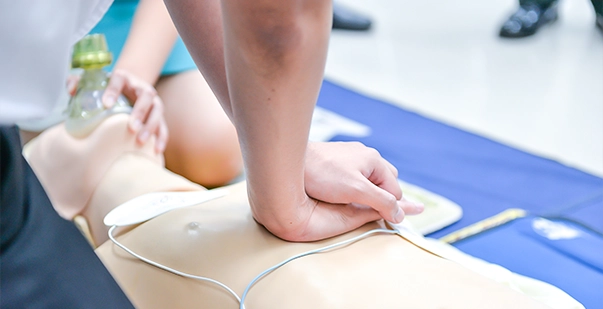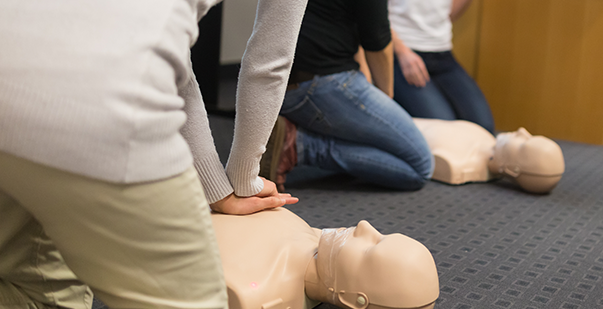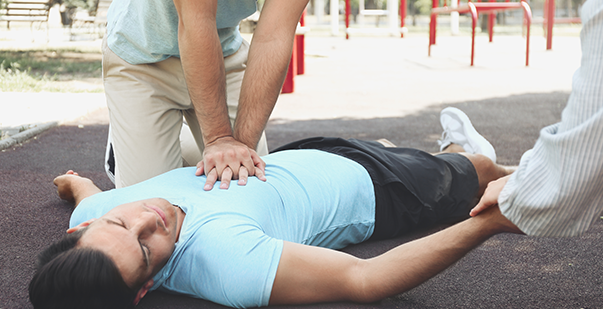Cardiopulmonary resuscitation (CPR) is an important life saving technique used in emergencies to restore a person’s heartbeat and breathing. CPR involves:
- Chest compressions – They help in circulating the blood
- Rescue breathing – It is used to provide oxygen to the person
CPR is an essential skill that everyone should know to help save lives. It can be learned through a physical or online training program that teaches the basics of CPR and provides a valid certification. Knowing CPR can be the difference between life and death in an emergency.
American HealthCare Academy offers one of the best online CPR courses. Their CPR course is affordable and flexible. This course is available anytime on their website. It can be accessed from anywhere, allowing you to fit your certification needs into your busy schedule. You can complete the course at your pace with unlimited exam retakes. They aim to provide each student with a comprehensive understanding of the fundamentals of lifesaving and emergency medical services. It includes:
- First Aid
- CPR
- AED use
- Other life-saving techniques that may be necessary for an emergency
What are the Signs that Someone Might Need CPR?
CPR, or cardiopulmonary resuscitation, is an important life-saving procedure that can revive a person who has stopped breathing or whose heart has stopped beating. Because it is a medical emergency, it is important to know the signs that suggest when CPR should be performed.
- The most obvious sign that someone may need CPR if they are unresponsive, meaning they are not responding to touch, sound, or light. A person may also be unresponsive if they are not breathing, or their breathing is shallow and irregular.
- If the affected person is conscious but not breathing, they may be gasping or making choking sounds. These are indications that they are not getting enough oxygen and that their heart may be stopping. It is also important to look for signs of shock, such as pale skin, sweating, and an abnormally rapid heart rate.
- If you believe someone needs CPR, immediately call 911 and start performing CPR. The procedure should be started immediately and can be continued until medical help arrives. You should also be aware of any legal requirements regarding CPR in your region, as some states may require a certain level of certification or other qualifications before performing the procedure.
Heart Attack Vs. Cardiac Arrest
- Heart Attack: A heart attack is caused by blocked blood flow to the heart, typically due to a buildup of plaque in the coronary artery. Signs include chest pain, shortness of breath, sweating, and nausea. A heart attack can be treated with medications and lifestyle changes.
- Cardiac Arrest: Cardiac arrest is caused by an electrical malfunction in the heart that prevents it from pumping normally. Symptoms include loss of consciousness, no pulse, and no breathing. A cardiac arrest must be immediately treated with CPR or an AED machine to restore normal heart rhythm.
- Causes: A heart attack can be caused by a variety of factors, including high cholesterol, high blood pressure, smoking, and diabetes. Cardiac arrest can be caused by a variety of medical conditions, including heart attack, electrocution, trauma, and certain medications.
- Treatment: Treatment for a heart attack involves restoring blood flow to the heart, usually with medications and lifestyle changes. Treatment for cardiac arrest requires CPR or an AED machine to restore the normal heart rhythm.
- Outcomes: The outcome of a heart attack can vary depending on its severity and the patient’s overall health. The outcome of a cardiac arrest is usually death if not treated within a few minutes.
When should you Stop CPR?
Cardiopulmonary resuscitation (CPR) should only be stopped when the person’s condition improves or when a doctor or healthcare provider determines that further resuscitation efforts are futile. Generally, if someone does not show any signs of life after 10 minutes of CPR, the healthcare provider may decide to stop the attempt. In certain cases, such as a heart attack or cardiac arrest, medical professionals may continue CPR for up to 20 minutes to revive the patient.
Conclusion
Knowing when someone needs CPR can be difficult if you don’t have medical training. CPR Care Near Me is the right platform if you are looking for a CPR training and certification provider.
It’s important to remember that CPR is a life-saving technique, and it should be used in any situation where a person’s breathing or heart has stopped. If you are in doubt, it’s always better to err on the side of caution and begin to perform CPR on the person, as it may be the only chance of saving their life.

